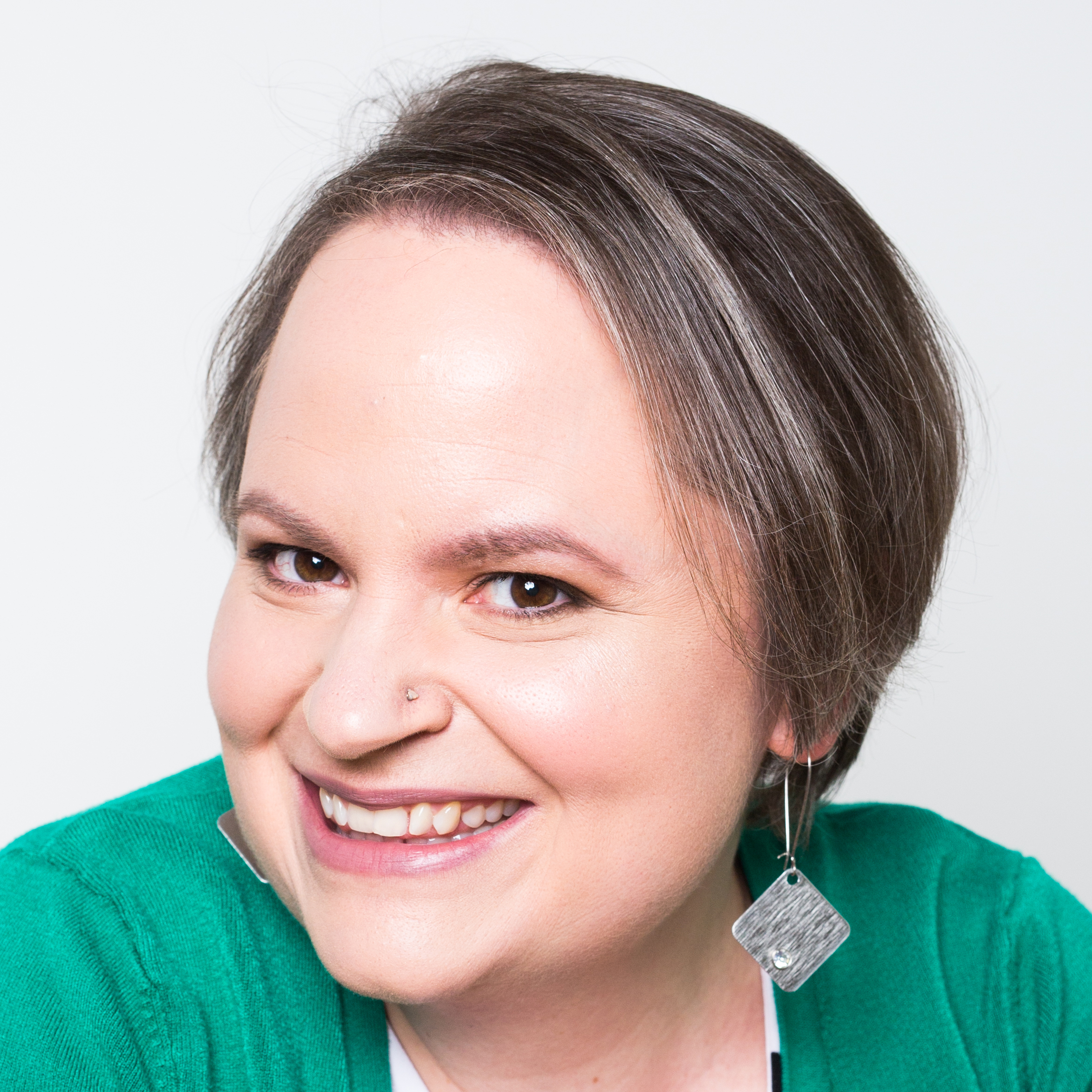Many people assume, especially these days, that the people I work with as a career professional are unemployed and seeking help to get back into the labour market as soon as possible. The reality, however, is that the people who seek me out most are the gainfully employed – miserable, ashamed for wanting better and guilty for not being “grateful enough” to make their dissatisfaction go away. So, how did we get here?
We were already restless
Long before the pandemic hit, a pervasive restlessness and a longing for purpose and meaning in our work were already present. Facing excessive boredom or overwhelm (yes, both are stressful!), many people wondered if their time was best spent in circular meetings, watching the clock, wondering if this really is all there is. In a Morneau Shepell research report including over 1,000 employees, over 100 physicians and 100 employers, it was discovered that more than half of all incidental absences were not related to illnesses (52%). The study also found that absenteeism not related to a mental or physical health issue is more likely where workplace stress was reported by the employee and where the employer did not support mental wellness. For those already feeling dissatisfaction in their work, and the accompanying stress, the pandemic completely locked out any thoughts of making it better. Overnight, there was no time, no outlet, no safe space to explore our feelings or create a plan for change. We were cast into survival mode with no end in site.
We layered stress upon stress
When we look closer at work-related stress, it boils down to three main influencers: our work environment, personal resources and health. Let’s take a closer look at each of these.
Work environment
When the pandemic hit, we had to rapidly adapt how we work, where we work or a combination of both. Those still reporting to a workplace were asked to ignore their fears and just be thankful that another paycheck would come. Others were sent to work from home – faced with increasing urgency, deadlines, meetings and the pressure to learn new technologies quickly. They were expected to somehow continue, business as usual, while working in complete isolation or in distracting spaces they had to share with family members. Add to that the stress of a global pandemic, fear for our lives and livelihood, and an increased responsibility for the safety of aging parents or the education of our children and well … it was a cocktail for disaster.
Personal resources
At a time when we needed connection, community and a sense of certainty the most, we were left to fend for ourselves. We needed friends and healers and leaders, but they were struggling too. Regardless of role or title, we were collectively lost, anxious, and desperately trying to adapt to our rapidly changing lives and work structures. The entire world was trying to create a map to a place it had never been.
Health
With more time at home, indoors, and cut off from personal resources and supports, we began to seek out comfort in different ways. Whether it was television, social media, food, online shopping or even substance abuse, many people found themselves using unhealthy coping habits to excess. Feeling powerless to change, some criticized themselves for not being able to “get over it,” which may have led them back into unhealthy habits.
So, what do we do now?
Whether employed in a less-than-satisfying job or feeling the strain of our rapidly changing work and lives, there is always something we can do to improve our situation. Before helping a client launch a major job search or career change, we may want to consider these small, simple shifts to ensure long-term success regardless of what comes next:
Recognize
Ignoring a problem won’t solve it. Instead of encouraging each other to “get over it”, we need to stop comparing pain and just acknowledge that all of us, in our own way, have been struggling. Making it okay to not always be okay may be the best way to move forward.
Move
I think the poet Rumi said it best: “As you start to walk on the way, the way appears.”
I recently commented to a friend that these days I spend most of my time developing wellness, not career, plans. Truth be told, I’m not really surprised by this. When we move our bodies, we shift our energy. This shift can positively influence our mindset and create a space for the ideas and solutions that will reshape our belief that we can make improvements in our work and lives. At zero cost, 10-20 minutes of movement – dancing, walking, stretching, whatever! – offers a fantastic return on investment.
Prepare
I like to think of careers, and life-long wellness, as a journey not a destination. That being the case, we need to prepare a bag for our trip! So, what should our clients pack? Small wins. Music that moves them. Quotes that inspire. Books that comfort. A list of people who challenge, energize and encourage them when they get stuck. Coaches, health professionals, and even paper and pen to help them sort out thoughts and feelings when they may feel alone.
Connect
While it is especially important to find ways to connect with family and friends these days, it’s equally important to encourage our clients to connect with their co-workers. To get to know them as people. Why? Co-workers create headaches, but people make mistakes. A lot of stress could be eliminated by simply talking with others and removing pre-determined assumptions about their intentions.
Lead
As I mentioned earlier, leaders are struggling too. That’s why, regardless of position or title, we need to encourage each other to step up and demonstrate leadership by example. If your client can see a path to making things better, help them become the leader they’ve been waiting for. Strategize ways they can offer solutions, extend support, share a success or kind word. We really are all in this together, so it will require all of us to move forward. Being part of the solution may just give your client the boost they need to change their situation.
Want to write for CareerWise? Check out our Submission Guidelines and send in a proposal! All levels of experience welcome.








